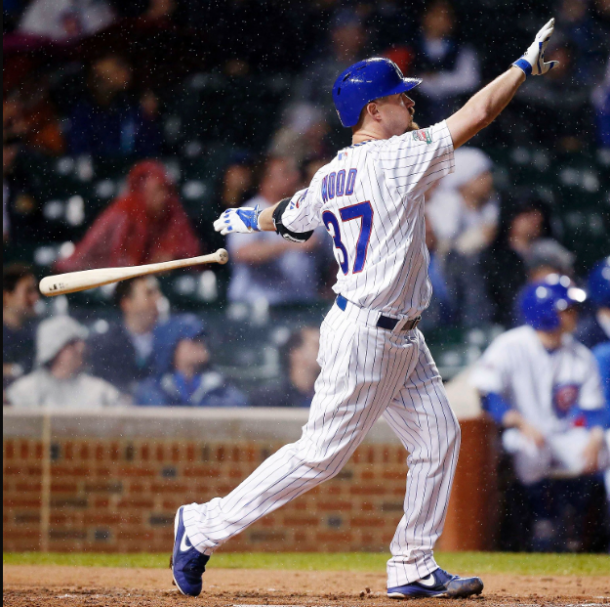The only team playing worse in the National League (record-wise) than the Cubs are the Arizona Diamondbacks. The Diamondbacks, in part due to their Opening Series in Sydney, Australia, have played more games than the Cubs and had a 5-16 record coming into the series. In all honesty, while the Cubs certainly had their opportunities to win a few of the series that they’ve played this season, including both against the Pirates, this series against the Diamondbacks is the one I felt like they had the best opportunity to win. They’ll have to work to get any series win this season, but when you come up against a team struggling like the D-Backs are, you have to cash in and pick up some wins and get a little momentum built for the future. The Cubs played a great first 2 games and 8 innings before blowing a three-run lead in game three (on the 100th Anniversary of Wrigley Field) and letting the Diamondbacks tie the series in game four.
Arizona Diamondbacks


2014 International Opening Series
The 2014 Major League Baseball season opened over the weekend with a two-game series between the Los Angeles Dodgers and Arizona Diamondbacks in Sydney Cricket Ground in Sydney, Australia. It’s the first time that the regular season has opened in an international stadium not affiliated directly with a Major League team since the 2012 season opened in Tokyo, Japan with two games between the Seattle Mariners and Oakland Athletics. That served as the fourth time that the season opened in Tokyo (2000 – Mets/Cubs, 2004 – Yankees/Devil Rays, 2008 – Red Sox/Athletics).
By now, we all know that the Dodgers swept the two-game series with outstanding pitching performances by Clayton Kershaw and Hyun-Jin Ryu. That gives the Dodgers an early two-game lead in the NL West, but with 160 games still to go for both teams those two games are likely to be overshadowed by games later in the season.
The bigger questions surrounding this international opening series is this: Why play these games in the first place, especially as regular season contests, and what might these mean for baseball’s future?
